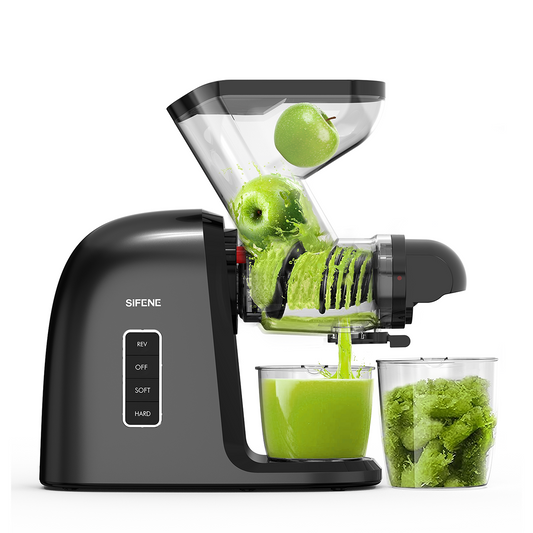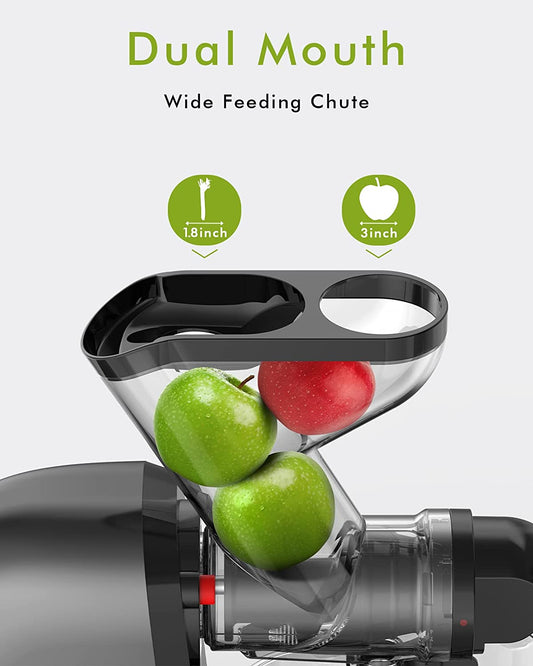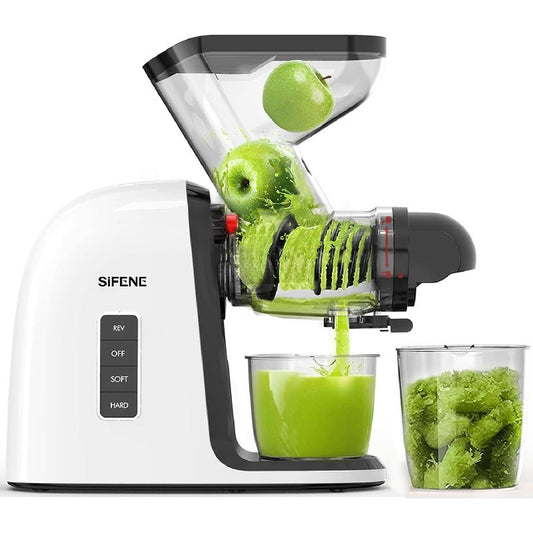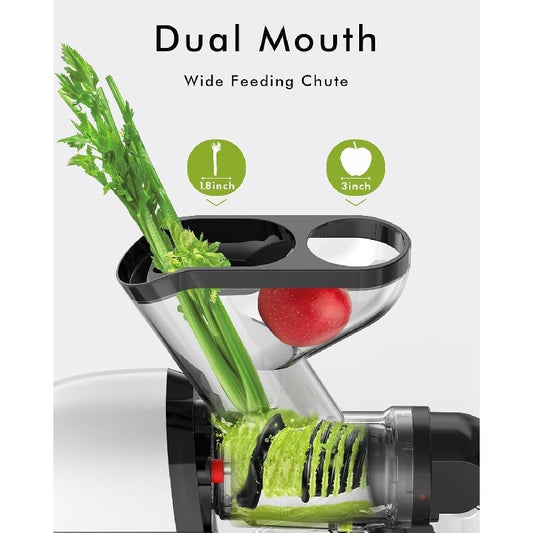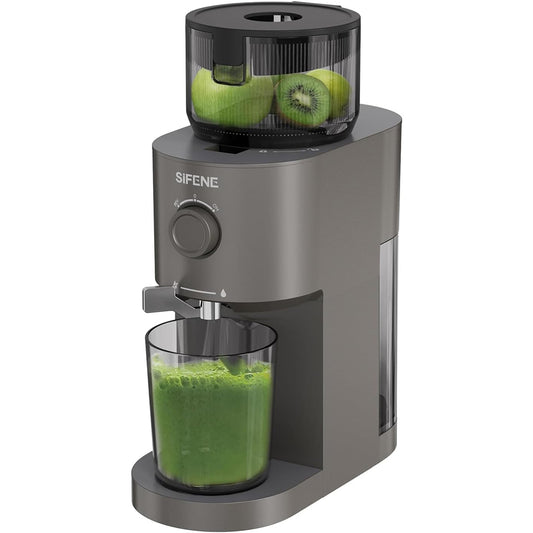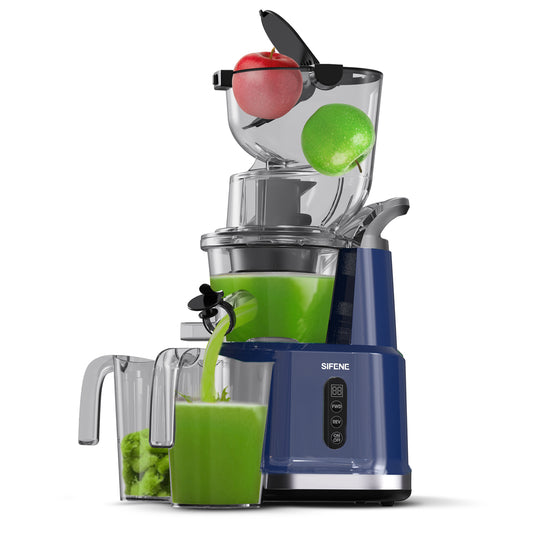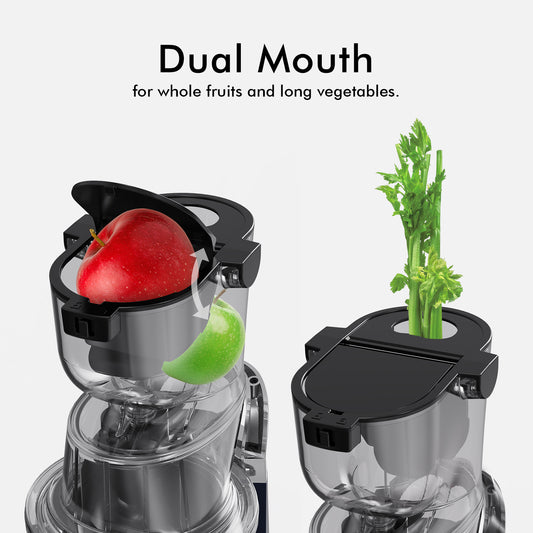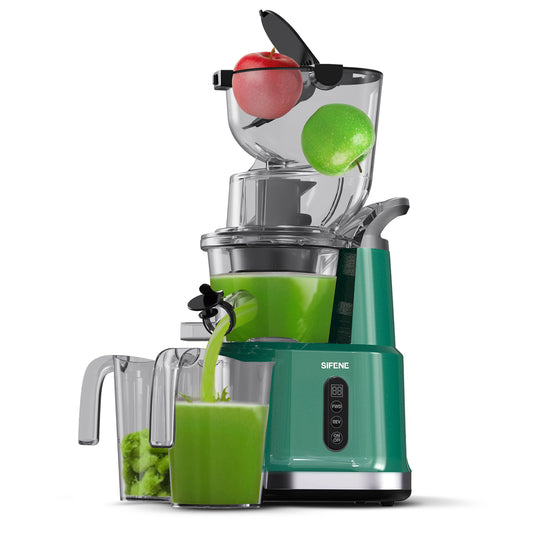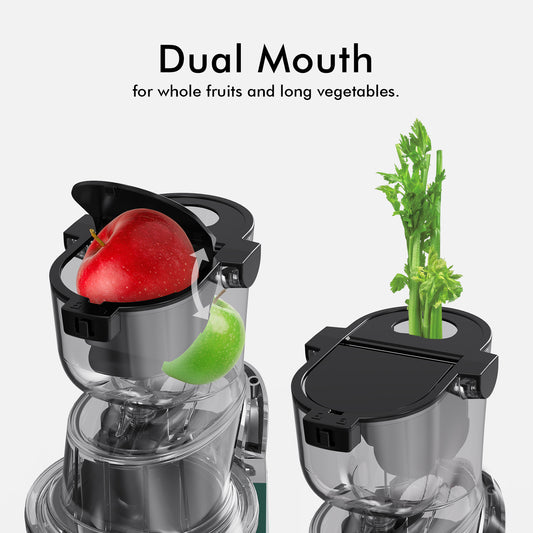A healthy diet consists of eating lots of vegetables, which are powerful foods packed with nutrients. And making sure you get adequate amounts of vegetables in your diet is one way to improve your heart health. The more vegetables you consume, the lower your risk for heart disease and stroke will be. Then, take a look at 5 Best Vegetables To Reduce Inflammation.
1 Tomatoes
Tomatoes are nutrient powerhouses as well as rich sources of heart-protective antioxidants. These include lycopene, beta-carotene, folate, potassium, vitamin C, flavonoids, and vitamin E.
"Research shows that the nutrients in tomatoes reduce 'bad' LDL cholesterol, blood pressure, and homocysteine (a measure of inflammation and an independent risk factor for heart disease), and make the cells less 'sticky,' which keeps blood flowing more easily."
Furthermore, many of the antioxidants in tomatoes, like lycopene and beta-carotene, become as much as four times more bioavailable when they're cooked.
2 Spinach
Spinach hits it out of the ballpark when it comes to heart health. High blood pressure puts the heart at risk, and spinach lowers blood pressure, thanks to its nitrates, which help make arteries less stiff and improve the function of the cells that line blood vessel walls.
This leafy green also promotes proper blood clotting. This is thanks to its hefty dose of vitamin K.
3 Brussels sprouts
They may not be everyone's favorite veggie, but they are powerful heart protectors.
Cruciferous veggies like Brussels sprouts may help to prevent clogged arteries, which is a large cause of heart attacks and strokes.
Many of the heart-healthy benefits of Brussels sprouts are credited to their fiber, carotenoids, folate, fiber, and vitamin C, E, and K. As well as their sulfur compounds, called glucosinolates, which have potent anti-inflammatory and antioxidant capabilities that help to protect cells against damage and that lower LDL cholesterol.
4 Asparagus
Asparagus is a good source of folate, which lowers homocysteine, an amino acid that is linked to heart disease and stroke.
Meanwhile, the asparagus' potassium helps to lower high blood pressure, while its fiber content reduces LDL cholesterol and the risk for high blood pressure, and heart disease, according to research published in the Journal of Chiropractic Medicine.
Plus, it contains flavonoids quercetin, isorhamnetin, and kaempferol, which also help to lower inflammation, as well as blood pressure, which damages the arteries and leads to heart disease.
5 Onions
Onions are a good source of sulfur-rich phytochemicals. These phytochemicals reduce cholesterol levels and break down blood clots. This may lower your risk for both heart disease and stroke.
Onions' powerful antioxidants, including quercetin, also fight against the chronic inflammation that is associated with all diseases, including heart disease, and they also decrease triglycerides and cholesterol. Quercetin has also been found to significantly reduce blood pressure.
Featured collection
-
Dual Mouth Masticating Juicer Max Gray
Regular price $99.99 USDRegular priceUnit price per$99.99 USDSale price $99.99 USD -
Dual Mouth Masticating Juicer Max White
Regular price $99.99 USDRegular priceUnit price per$99.99 USDSale price $99.99 USD -
Whole Fruit Cold Press Juicer Large Feed Chute Gray
Regular price $149.99 USDRegular priceUnit price per$149.99 USDSale price $149.99 USD -
Whole Fruit Cold Press Juicer Large Dual Mouth Blue
Regular price $189.99 USDRegular priceUnit price per$199.99 USDSale price $189.99 USDSale -
Whole Fruit Cold Press Juicer Large Dual Mouth Green
Regular price $189.99 USDRegular priceUnit price per$199.99 USDSale price $189.99 USDSale

